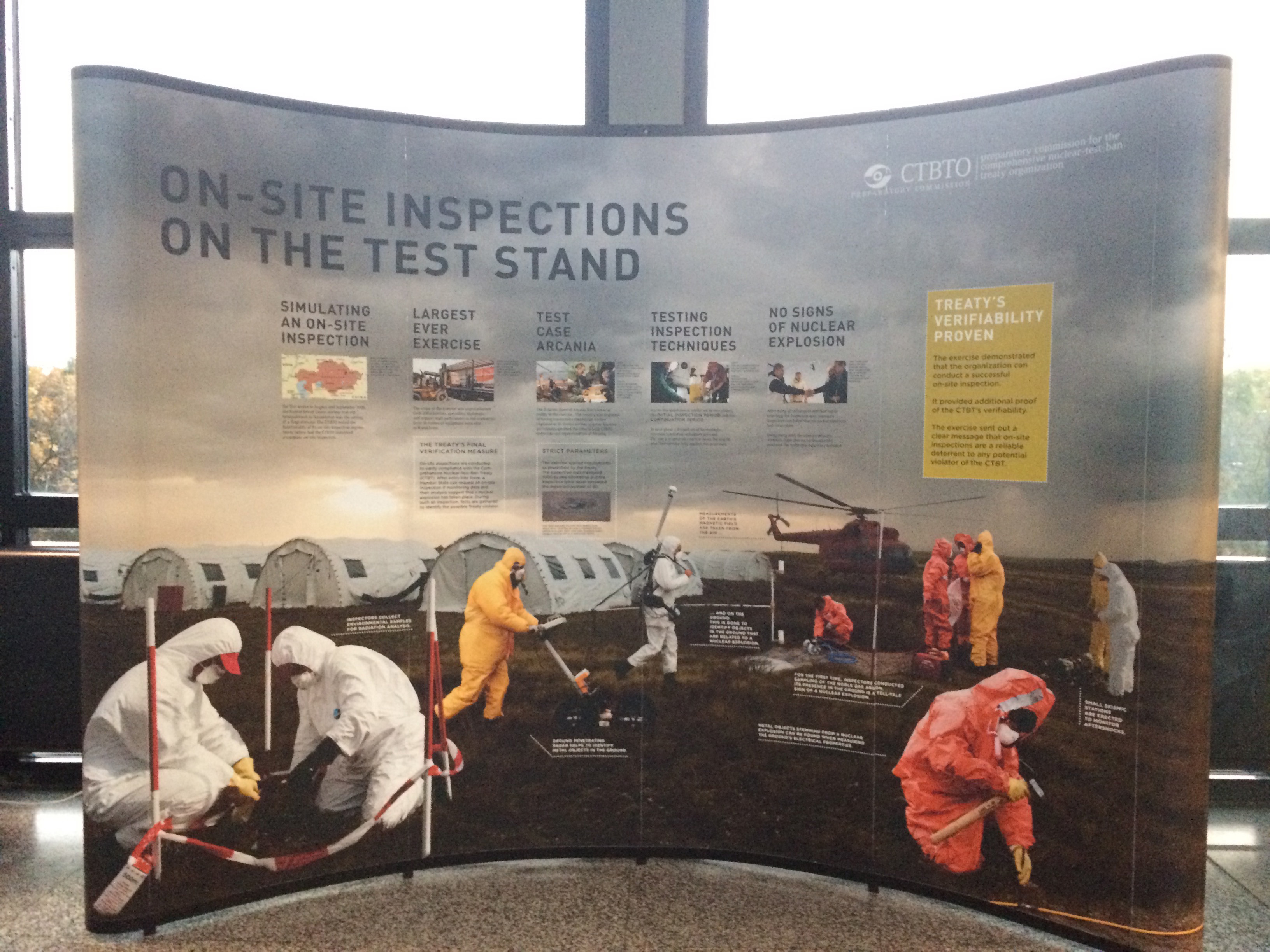
Dr. Lassina Zerbo, a geophysicist from Burkina Faso, likes to tell people he is lucky. It's an unusual statement for a diplomat, but if anyone needs luck, it's Zerbo. Outside Vienna, Austria, he leads an international team of experts to detect and verify nuclear weapon tests. The technical challenges are simple compared to the political ones: end 20 years of diplomatic limbo to bring the Comprehensive Test Ban Treaty into force. Success would mean the first global progress toward ending the reign of the 20th century's worst weapon.
It's an uphill battle that Zerbo seems to relish. Eight holdout states—China, Egypt, India, Iran, Israel, North Korea, Pakistan, and the United States—are in no rush to join. One is actively testing. Every North Korean nuclear test is a blessing and a curse, providing a chance to demonstrate the credibility of the monitoring system, but casting doubt on the entire enterprise. Can any country afford to give up nuclear capabilities while North Korea perfects its bomb? Will the test ban treaty ever enter into force, or will pressures to counter new threats and modernize old weapons lead to renewed nuclear testing and a new nuclear arms race?
Especially now, as nuclear tensions rise and diplomacy is shunned and even ridiculed, Lassina Zerbo will need all his considerable skill, creativity, and, perhaps, some of that luck to help keep alive the prospect that nuclear tests can be banned forever.

![CTBTO Executive Secretary Lassina Zerbo. Image by Mikael Sjöberg [CC by 2.0]. Stockholm, 2014. CTBTO Executive Secretary Lassina Zerbo. Image by Mikael Sjöberg [CC by 2.0]. Stockholm, 2014.](/sites/default/files/09-25-18/-ctbto_executive_secretary_lassina_zerbo_13758433574_1.jpg)


